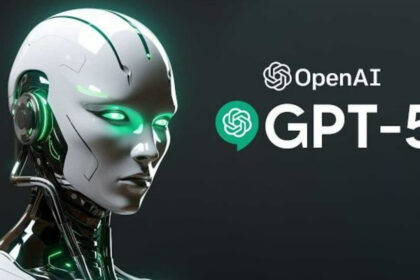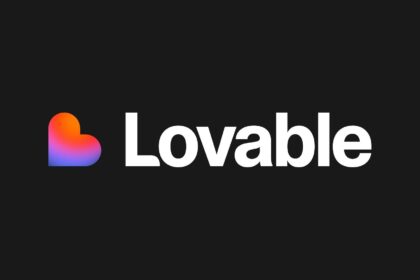Mastodon, the open-source, ad-free, and proudly non-Elon alternative to X (formerly Twitter), is about to test a new way of keeping its digital lights on: in-app donations. Yep, it is passing the hat but with a twist of tech-era courtesy.
Starting this week, Mastodon will begin rolling out donation prompts inside its official Android and iOS apps. If you’re expecting aggressive pop-ups, relax. The banners are designed to be low-key, easy to dismiss, and only shown to users who have had accounts for at least four weeks. So, no guilt trips on day one.
At first, this soft-touch fundraising will only show up on Mastodon’s servers. social and Mastodon. online, but the plan is to expand to the web version soon. If all goes well, other independently run Mastodon servers (a.k.a. “instances”) will also be able to roll out their donation drives. That would let individual admins collect support from their communities, a lifeline for platforms powered by passion, not profit.
The move makes sense for Mastodon, which lives in a very different reality from tech giants like Meta or X. There are no ads here, no surveillance-driven algorithms, no endless scroll powered by rage clicks. And unlike those companies, Mastodon is not backed by billionaires or VC cash, runs on a cocktail of user goodwill, idealism, and just enough money to keep the servers humming.
The platform has always leaned heavily on Patreon and grants from open-source-friendly foundations. In 2023, it pulled in €545,000 in donations, a solid 65% increase from the year before. But here’s the catch: its actual base of Patreon donors fell by nearly 23%. That is a red flag and likely part of why Mastodon is experimenting with a more direct ask.
Related: SpaceX dropped $2Billion on xAI. Musk’s AI play is no longer just talk.
With a user base of just over 8 million registered accounts (and fewer than 1 million monthly active users), Mastodon isn’t exactly rolling in eyeballs. But that may be precisely why this approach could work. When you’re building a digital community around values like privacy, transparency, and decentralization, there is a decent chance your users want to help.
The model echoes Wikimedia’s approach. You have seen those donation banners on Wikipedia, right? Annoying to some, but incredibly effective. Mastodon’s hoping that by embedding donation prompts into the app experience, it can lower the friction for people who want to contribute but never got around to finding the donation page.
In a blog post announcing the campaign, Mastodon made it clear that this is not about chasing profits or reinventing social media with crypto and buzzwords. It is about survival, and about proving that the internet is not controlled by megacorps, and can still pay its way.
“This is not a corporate fundraising campaign,” Mastodon said. “It’s an effort to secure the future of a more ethical and independent social web.”
It is a noble idea, and a tough business model. But maybe that’s the point. Mastodon is not trying to become the next Twitter clone or build a brand empire. It is trying to hold the line for a version of the internet that doesn’t sell your data or manipulate your feed. As social media giants double down on ads, algorithms, and shareholder value, Mastodon is taking a quieter approach: just asking if you’d like to help. No pressure. But maybe a little hope.







